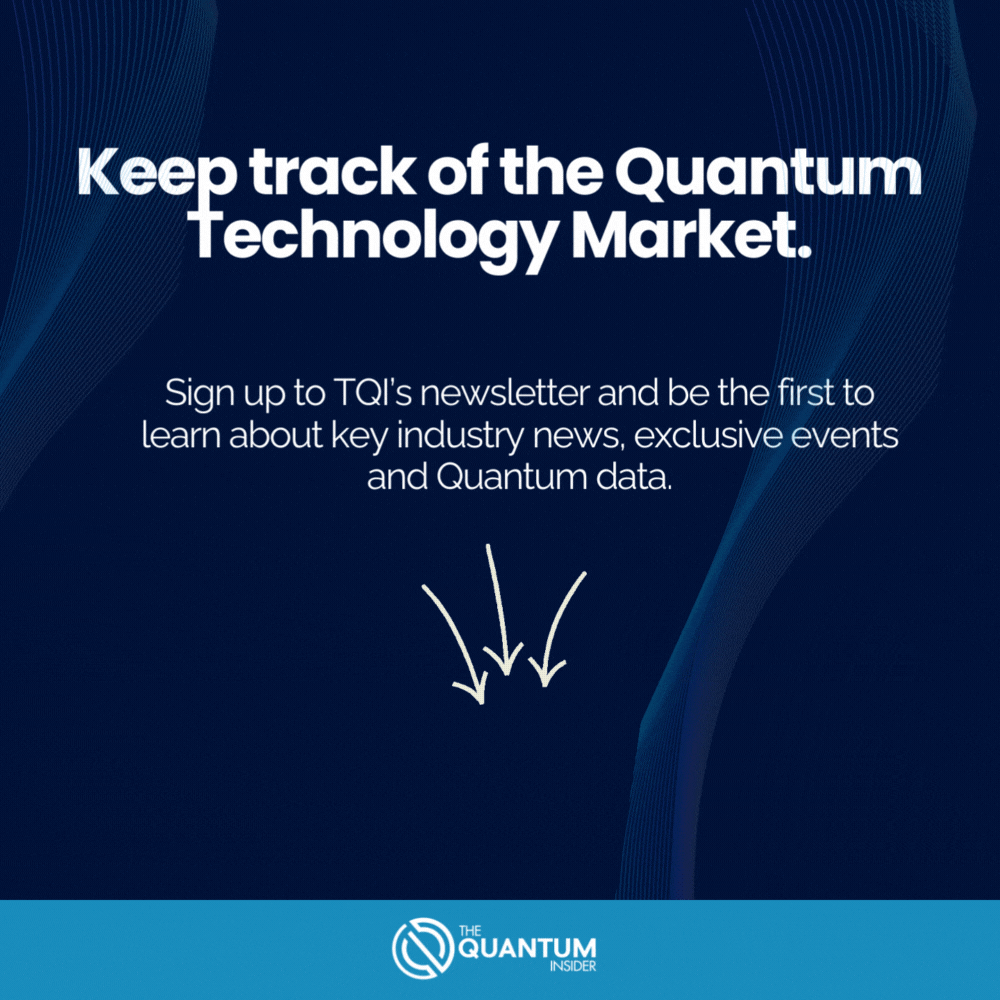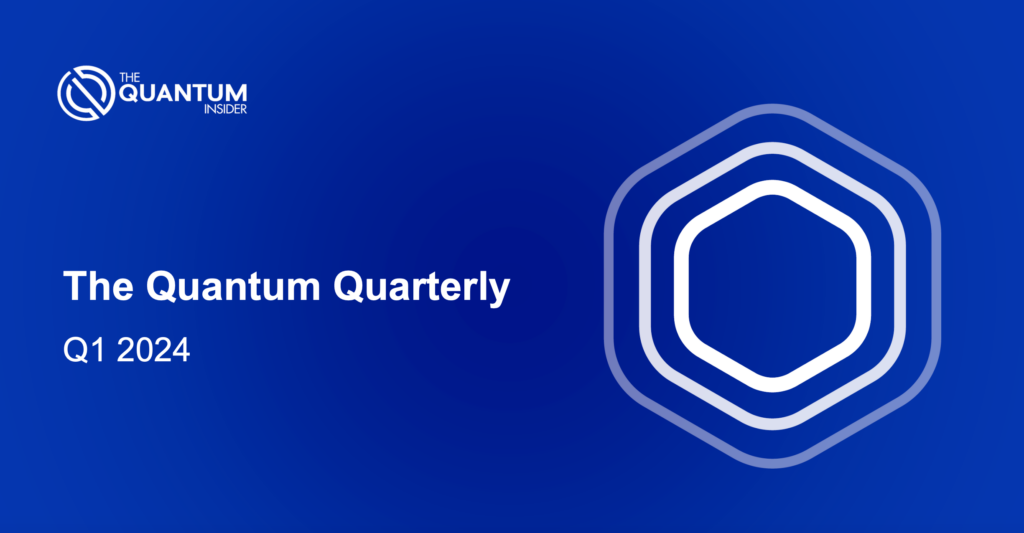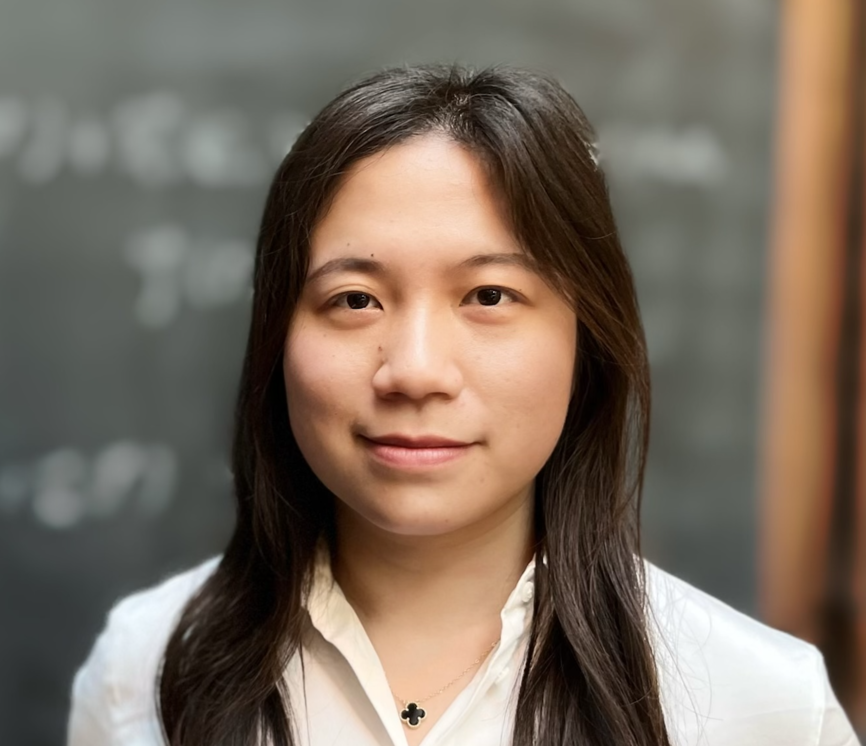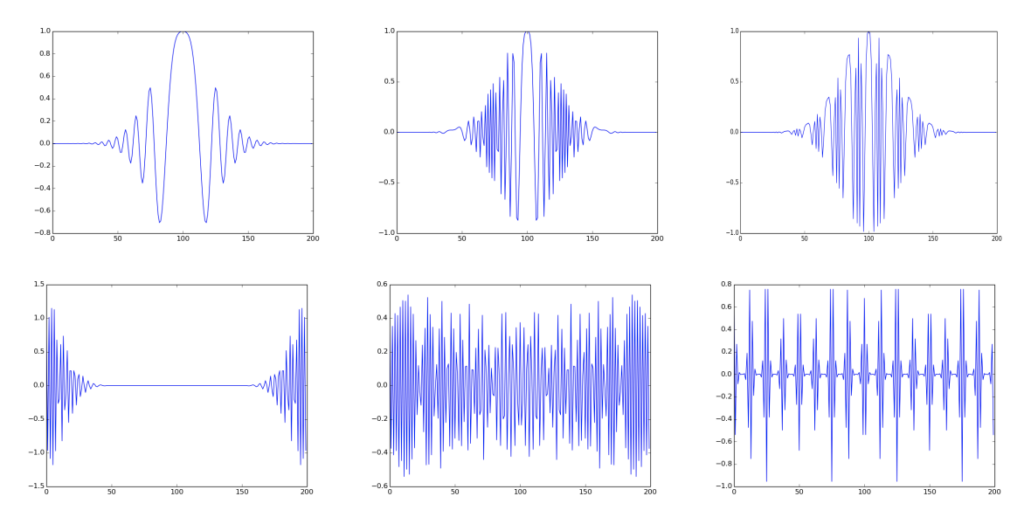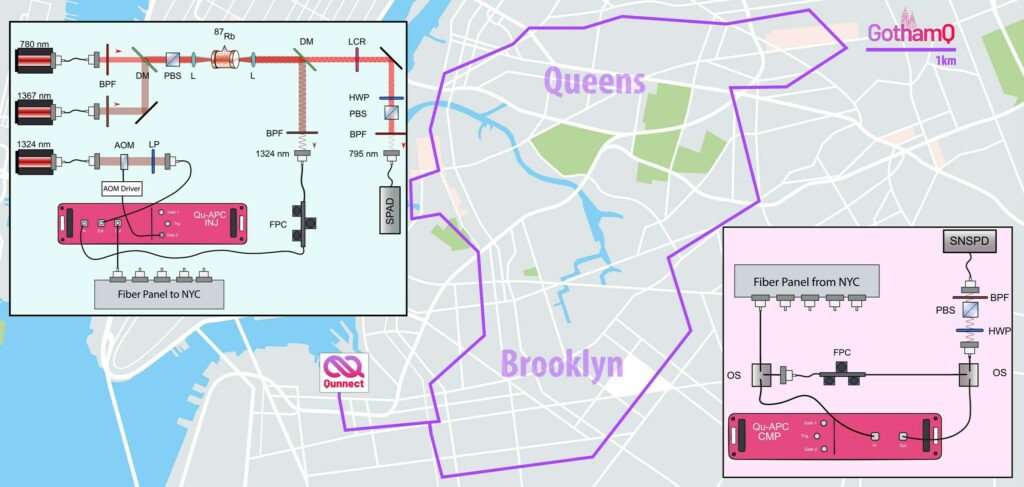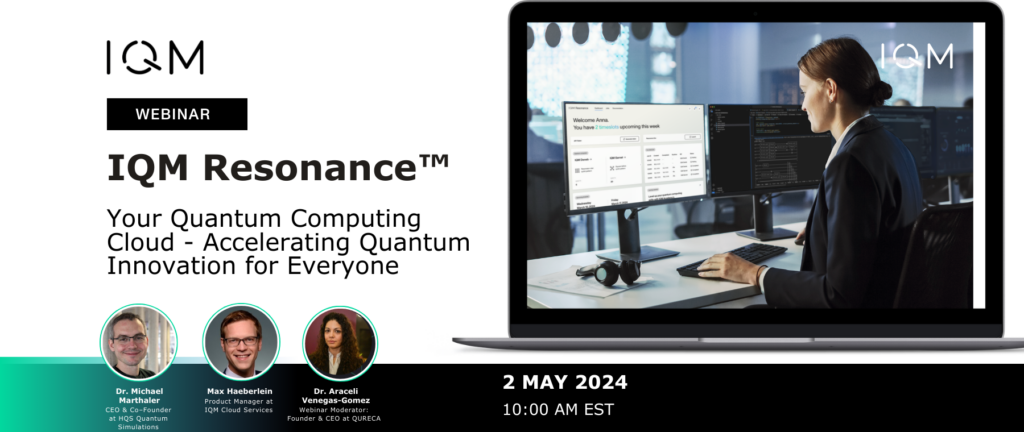Quantum supremacy is the point at which a quantum computer can do calculations a conventional (classical) computer realistically cannot. Straight away you will notice some problems with this definition, probably to do with its subjectiveness; which classical computers are we referring to? If a quantum computer outperforms my laptop at a task does that count? Or does it need to be a large research machine?
Another problem is that the grandeur of the name is perhaps dishonest to its reality: To achieve quantum supremacy we only need to outperform a classical computer at one specific computation, and that computation doesn’t even need to be useful! The term “Quantum Supremacy” also conjures up visions of corporations throwing away rooms of servers to make way for the new quantum machines, while technology and research develops rapidly as humanity enters a new age of technological advancement. I have already discussed how quantum computers will most likely fit in with our traditional computers, and quantum computers will not provide an all-round improvement in computing, only for specific tasks.
That being said, quantum supremacy is an important milestone in development, it is physical proof of the idea, first proposed in the ‘80s, that a quantum computer could outperform a classical computer. Quantum supremacy will be an encouraging result that represents the advancements in quantum technology that have been made over the past 40 years.
This brings us to talk about the recent rumours that Google has achieved quantum supremacy according to a research paper leaked last week. If the rumours are correct, Google has performed a calculation in three minutes that would have taken IBM’s Summit 10,000 years. If this is confirmed, then it most definitely fits the criteria for quantum supremacy that we specified at the beginning of this article. We will need to wait until the results are published to find more information, but quantum supremacy has been around the corner for a while now and it would not be a surprise if Google have achieved it.
So what does this mean for the near future of quantum computing? It’s most likely that the computation Google has performed is not of much use. There is a growing interest due to the evidence of these successful developments, but until we can perform a useful computation quantum computers are unlikely to be applied to real world problems any time soon. We are very much in the early stages of quantum computing and are still trying to show that quantum computers can work at all. We haven’t begun to commercialize these machines, the process of doing so will bring issues such as production and scalability.
Work is being done in anticipation of the future. Amongst the quantum computing community there is an active interest in finding useful algorithms that can run on these noisy intermediate scale quantum (NISQ) computers. Recently random number generation was predicted to be one of the first algorithms able to take advantage of quantum technology. For other proposed applications, the basic requirements are much higher, to crack modern RSA cryptography we would require thousands of qubits – a far cry from the tens we are seeing today.
There is talk that the rate of development of quantum computing is increasing, and that maybe we are not as far from these stabler, thousand-qubit machines as we think we are. Only the future will tell.








